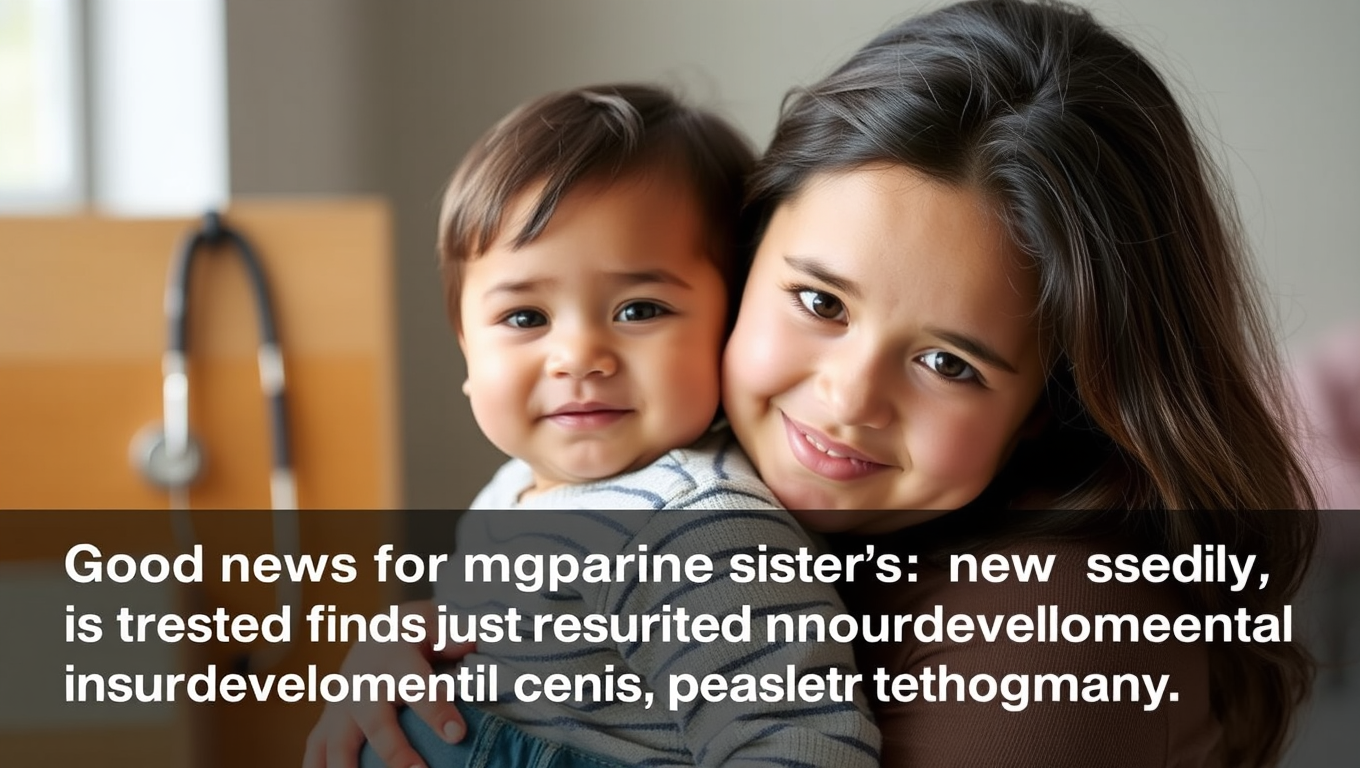While we try to keep things accurate, this content is part of an ongoing experiment and may not always be reliable.
Please double-check important details — we’re not responsible for how the information is used.
ADD and ADHD
Breaking the Cycle: How ADHD and Insomnia Can Intersect to Affect Quality of Life
Struggling to sleep might be the hidden reason why adults with ADHD traits often feel less satisfied with life. New research reveals a strong link between insomnia and reduced well-being in people with ADHD symptoms, suggesting a vicious cycle where poor sleep worsens attention and emotional issues, and vice versa.

ADD and ADHD
Good News for Migraine Sufferers: Study Finds No Increased Risk of Neurodevelopmental Disorders in Children Exposed to Triptans During Pregnancy
There’s good news for people with migraine who take common drugs before or during pregnancy — a new study found no increase in neurodevelopmental disorders such as autism and ADHD in their children. The study looked at drugs used for migraine attacks called triptans.
ADD and ADHD
Gestational Diabetes Linked to Increased Risk of ADHD in Children: A Study Finds
A new study has found children born to mothers who experienced gestational diabetes (GDM) during pregnancy are more likely to develop attention-deficient hyperactive disorder (ADHD) and externalizing behavior.
ADD and ADHD
New Study Investigates Effects of ADHD Medications on the Heart: Small Increases Found in Blood Pressure and Pulse
A new study has found that medications for ADHD have overall small effects on blood pressure and heart rate after weeks or a few months of use. There have been concerns about the side effects of ADHD medications but the new findings, coupled with other studies, suggest that the benefits of taking these medications outweigh the risks, while highlighting the need for careful monitoring.
-

 Detectors11 months ago
Detectors11 months agoA New Horizon for Vision: How Gold Nanoparticles May Restore People’s Sight
-

 Earth & Climate12 months ago
Earth & Climate12 months agoRetiring Abroad Can Be Lonely Business
-

 Cancer12 months ago
Cancer12 months agoRevolutionizing Quantum Communication: Direct Connections Between Multiple Processors
-

 Albert Einstein12 months ago
Albert Einstein12 months agoHarnessing Water Waves: A Breakthrough in Controlling Floating Objects
-

 Chemistry11 months ago
Chemistry11 months ago“Unveiling Hidden Patterns: A New Twist on Interference Phenomena”
-

 Earth & Climate11 months ago
Earth & Climate11 months agoHousehold Electricity Three Times More Expensive Than Upcoming ‘Eco-Friendly’ Aviation E-Fuels, Study Reveals
-

 Agriculture and Food12 months ago
Agriculture and Food12 months ago“A Sustainable Solution: Researchers Create Hybrid Cheese with 25% Pea Protein”
-

 Diseases and Conditions12 months ago
Diseases and Conditions12 months agoReducing Falls Among Elderly Women with Polypharmacy through Exercise Intervention





























